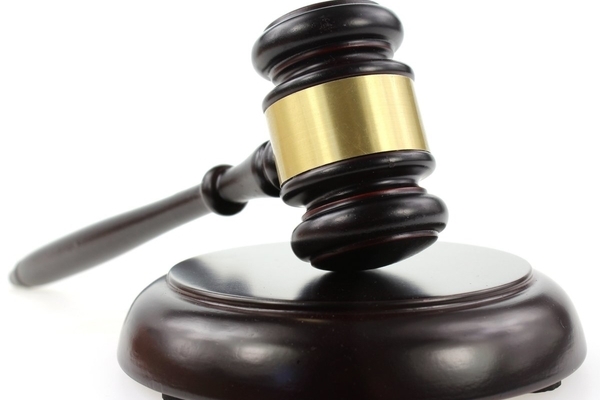
German publishers will have to pay back in full any money received from the collecting societies over the last three years, which is estimated to be in excess of €300m. The Börsenverein des Deutschen Buchhandels (BOEV: German Publishers and Booksellers Association) has warned that some publishers may go out of business, but since the ruling was made by the court of final instance, there is no avenue for appeal.
This latest judicial game-changer follows the November 2015 judgement by the Court of Justice of the European Union (CJEU) in the HP/Reprobel case, which ruled that publishers are not “rightsholders” under the 2001 Copyright Directive’s definition, cannot suffer harm, and are therefore not entitled to compensation.
So what do these court rulings mean for European publishers and is this a trend they should be worried about?
Börsenverein des Deutschen Buchhandels Legal Counsel, Dr Jessica Sänger, gave us her reading of the situation.
Will the decision in Germany have repercussions in other EU states?
The German legal case was brought on the basis of German law, and the laws governing contracts in Germany, but certainly its interpretation of European law might be looked at by courts in other countries.
I think the decisive factor across Europe is the HP/Reprobel case interpretation that publishers are not rights holders under Article 2 and hence cannot receive what the Directive terms “fair compensation”, because that’s designed for authors. I think the European court’s interpretation will be what counts across Europe, not so much the German decision. But it’s certainly not a good precedent.
Is this a blow for advocates of the “publisher’s right” in Brussels?
That depends how you look at it. The judgement could be understood as requiring the introduction of a publisher’s right in order to be able to continue running the kind of system we’ve known. On the other hand, and this is my view, you could also say that it shows why we need the rights-holder status by virtue of transfer of rights to be recognized. This is necessary, whether or not some publishers request a separate right.
So could this somehow have a positive longer-term outcome?
In a way I suppose it’s an opportunity in that there is positive discussion going on now around the value of the role of publishers. But given the situation in Germany, it’s a bit hard to see it that way from my point of view at this moment. More fundamentally, the judgements do call into question the entire reform process with regard to exceptions where the argument has historically been that you’ll receive compensation for losses that the exceptions might imply for publishers. That argument doesn’t work any longer, so does this mean that we’re talking about exceptions that are expropriations without compensation? That’s certainly a question here in Germany under constitutional law, and I think it’s a question that will have to be raised across Europe with regard to the kind of exceptions we’ve been looking at or that are being discussed.
[In response to the same question, Federation of European Publishers (FEP) Director, Anne Bergman, said: “Any judgement that fails to recognize the role played by publishers in the value chain is a bad precedent. Publishers, like the producers of music or audiovisual are investing in literature, their role is crucial for the dissemination of trustworthy books. These latest judgements actually reinforce the case for a European solution to recognize these investments.”]
What is your response to critics who say authors’ money was being ‘misappropriated’ by German publishers?
The system has been in place for decades. That in itself of course doesn’t make something “legal”, but it’s very clear here that the national legislator, when making changes to copyright a number of years ago, deliberately introduced a provision into German law for the sole purpose of ensuring that publishers would receive a legitimate share from the levies system. The court has now said the legislator ought to have formulated the rule in a different way in order to achieve that and, actually, legally speaking it doesn’t do it, so basically they wanted to ensure publishers would receive their share but they made a mess of it.
I think the intention has always been quite clear, the collective management organization that has been giving publishers their share under the system has been under the supervision of the patent office in Germany, so under government supervision, and no one was in any doubt that it was entirely legal. So this interpretation of European law by the German court, which is, again, the interpretation of the Court of Justice of the European Union (CJEU) in HP/Reprobel, has come as a surprise and doesn’t fit with the situation that we’ve had for decades.
Were German publishers prepared for this and is there a fund set aside to meet the costs?
It’s a surprise and a shock that this action has been successful; that certainly has to do with the interpretation handed down by the CJEU and the HP/Reprobel case, which was quite unexpected in many ways. So it was not something people had necessarily foreseen, and I doubt many have much set aside. But because of the ongoing litigation, VG Wort [Verwertungsgesellschaft, the German collecting society for text works] and other affected CMOs warned publishers that they might have to ask for the money back, since 2012, so publishers have known that these revenues were uncertain.
But I think honestly many did not expect this development, especially not the CJEU’s decision to go that way, and many will be finding it hard to balance their books now.

